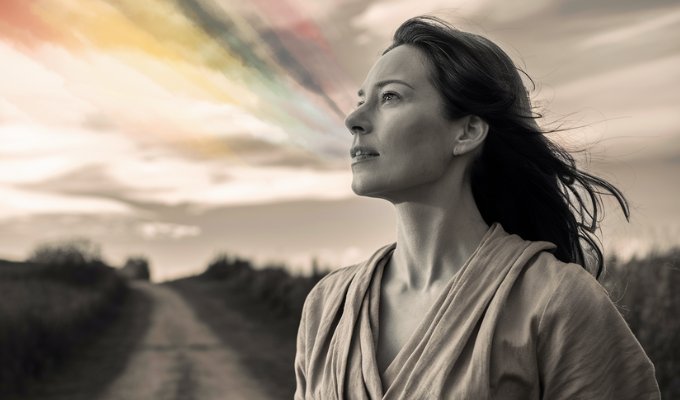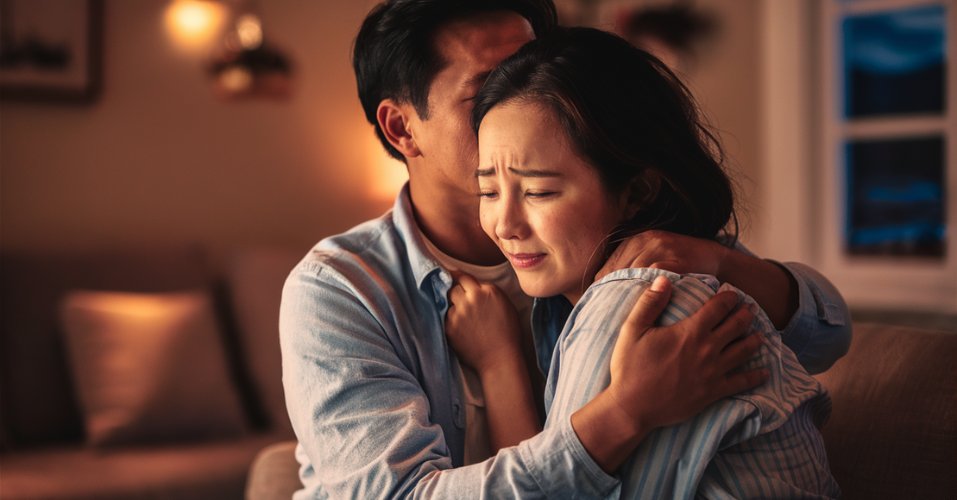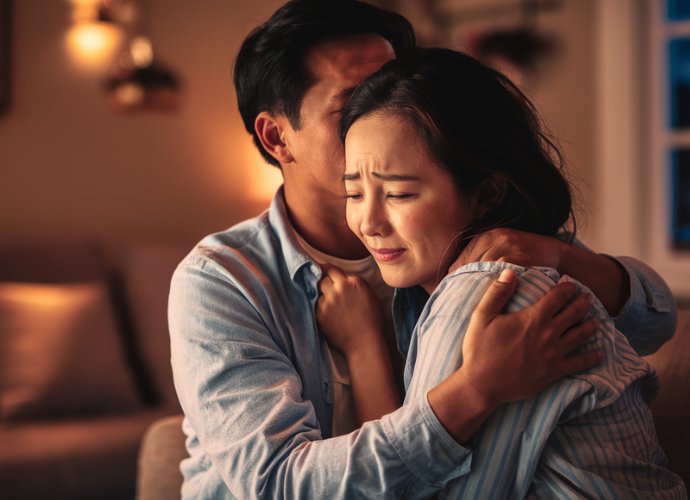Losing a loved one is one of the most profound and heart-wrenching experiences in life. Everyone grieves in their own way and it can be considered as a complex tapestry of emotions, intricately woven with love, loss, and longing. When we experience loss, we often seek closure, a term that can evoke mixed feelings and varying interpretations. In this exploration of closure, we will delve into what it truly means, especially in the context of mourning and healing, while providing a nurturing and empowering perspective to those navigating this difficult journey.


Understanding the Concept of Closure
At its core, closure refers to a sense of resolution or a feeling of completion regarding a significant event—in this case, the death of a loved one. It is essential to recognize that closure does not imply forgetting or diminishing the importance of the relationship that has been lost. Rather, it is about finding a way to carry the memory of that loved one forward in a manner that allows us to continue living fully. Closure, in this sense, becomes an opportunity for reflection and transformation, guiding us towards acceptance and healing.
However, the term "closure" can be misleading because it suggests that there is a point at which the grieving process is complete. In truth, grief is a lifelong journey that evolves over time and it looks different for every person going through it. The pain of losing someone you love never completely disappears; instead, it changes form and becomes a part of who you are.
The myth of closure can lead people to believe that they are failing in their grief if they don't feel "better" after a certain period. This belief can be particularly harmful, as it may cause individuals to suppress their emotions or feel guilty for still experiencing sadness or longing years after the loss. It's important to keep in mind that grief does not have a deadline, and there is no "right" way to grieve.
The Emotional Landscape of Grief
Before we can truly comprehend what closure means when losing a loved one, it is vital to understand the multifaceted nature of grief. Grief is not a linear process; it manifests differently for each individual, often unfolding in unexpected waves. Emotions can shift rapidly from sadness to anger to confusion, all while longing for moments with the departed. This emotional landscape can be both disorienting and isolating, making the quest for closure feel like an uphill battle.
However, within this turmoil lies the potential for growth and deeper emotional insights. As we navigate grief, we are often forced to confront our beliefs about life, love, and mortality. This confrontation can inspire us to make sense of our experiences, ultimately leading us closer to what we hope to achieve—closure.
The Role of Memories
Memories play a crucial role in the process of finding closure when losing a loved one. They serve as both anchors and guideposts along the grieving journey. While some memories may evoke pain, others can bring solace and joy. Embracing cherished moments spent with the deceased gives us the opportunity to celebrate their life and contributions. Engaging in rituals, such as creating memory books, sharing stories, or lighting a candle in their honor, can provide a nurturing space for reflection and remembrance that is vital for healing.
Moreover, preserving the legacy of our loved ones allows us to infuse our lives with their essence. By doing so, we not only keep their memory alive but also cultivate a profound sense of connection that can sustain us through our grief. This connection ultimately contributes to our sense of closure, allowing us to feel that we are carrying our loved one with us as we continue our journey.
Find the closure and comfort you seek. Connect with your loved ones through a compassionate medium reading, and take the first step toward healing today. TAP HERE
The Importance of Self-Compassion
Finding closure is inherently a personal journey, and one that requires us to practice self-compassion. After losing someone dear, it is common to feel guilt or frustration regarding our own emotional responses. Society often imposes timelines on grief—suggesting that we should ‘move on’ or ‘get back to normal’ within a certain period. However, it is essential to acknowledge that the process is unique to each individual.
Nurturing ourselves during this time, whether through therapy, support groups, or engaging in self-care routines, is paramount. By allowing ourselves the grace to feel our emotions fully, we create a nurturing environment where healing can take place. Thus, rather than focusing solely on finding closure, we should prioritize understanding our grief and honoring our feelings.
Seeking Help and Connection
As we embark on the journey toward closure, seeking external support can prove invaluable. Connecting with professionals trained in grief counseling can help provide new perspectives and coping strategies. Additionally, some people find that delving into spirituality and gaining guidance and insights from a psychic medium can help them bridge the gap in connecting with their late loved ones. Through validating messages, essential information, and the reassurance of a continued presence from the spirit world, Kasamba’s mediums have facilitated a healing process that allows individuals to find peace and move forward.
For others looking to go down the more traditional route, joining support groups or seeking out communities of individuals who have experienced similar losses can help alleviate feelings of isolation. Sharing experiences and discussing emotions can empower us to realize that we are not alone in our grief.
These connections foster an environment where conversations about what closure means can take place openly. By exchanging personal stories and insights, we can understand that closure is not a destination; it is an evolving process that reflects our relationship with our grief and our loved one.
Integration and Growth
Ultimately, the quest for closure is about integrating the loss into our lives in a meaningful way. This often involves redefining our relationship with the deceased and finding new ways to honor their influence in our lives. Engaging in acts of kindness, pursuing passions that resonate with our loved one’s values, or advocating for causes they cared about can transform the way we navigate our grief.
In doing so, we allow ourselves the chance to grow from our experiences. Each step forward brings us closer to embracing our new reality, where closure may signify not an end, but a new beginning—one that cherishes memory while allowing us to live fully.
Conclusion
In conclusion, the question of "what does closure mean" becomes a deeply personal exploration filled with potential for healing and transformation. While seeking closure after losing a loved one may feel daunting, it serves as a vital aspect of our journey through grief. By honoring our emotions, preserving memories, fostering connections, and approaching the process with self-compassion, we can cultivate a sense of resolution that empowers us to move forward. This journey, while unique for each, ultimately leads us to a place where we can continue to hold our loved ones in our hearts, even as we embrace the life that lies ahead.
 About Janice Howard
About Janice Howard
Janice Howard is based in Oklahoma, USA. With years of experience researching all things spiritual , including divination tools such as Tarot, Numerology, and Psychic connections, Janice regards herself as a spiritual activist. During her spare time, she practices yoga, writes, and teaches mind, body, and soul connections at the local recreation centers.
Skills : Master of spirituality / Spiritual writer based in Oklahoma, USA / Spiritual activist
Skills : Master of spirituality / Spiritual writer based in Oklahoma, USA / Spiritual activist





